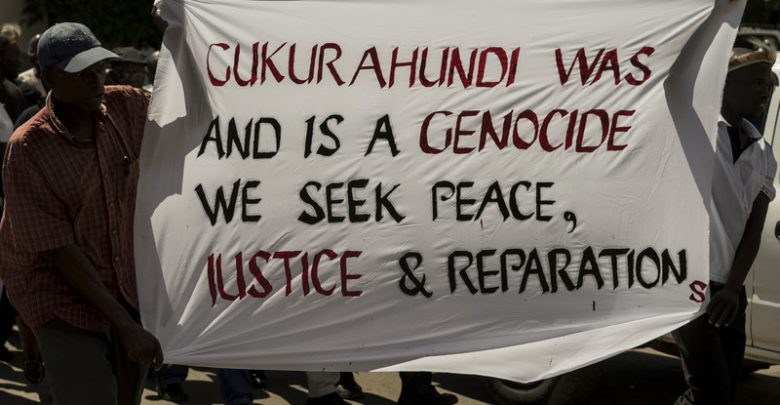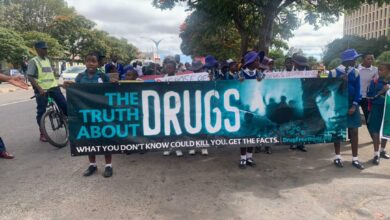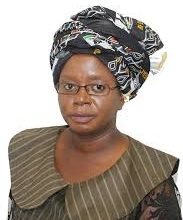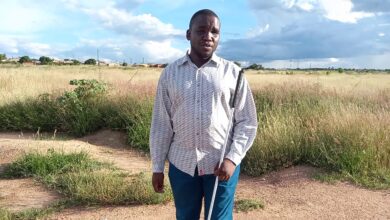Do not limit Gukurahundi hearings to rural areas, activists urge government

Human rights defenders have pointed out that the Gukurahundi genocide occurred not only in rural areas, but also in urban areas, and that community engagement processes must be extended to urban areas.
Gukurahundi’s geography was mostly rural, so people fled to cities to hide, but some urban residents were also allegedly tortured, detained, and killed, according to human rights activists.
The government first sent the North Korean-trained army – the Fifth Brigade – into Matabeleland and the Midlands on January 20, 1983, where its operation, which lasted until 1897, killed up to 20 000 people, most of who were civilians.
Human rights defender, Siphosami Malunga, claimed Gukurahundi was an operation that also took place in cities during a public lecture at the Asakhe Film Festival in Bulawayo on Wednesday.
“Gukurahundi didn’t only happen in the villages, it happened in the cities. It was an operation.,” he said while emphasising the issue of victim memorialisation.
“Many people have pictures of loved ones, it’s important that those pictures are known. Some don’t even have pictures, and some do, even if it’s a blank picture with a name that’s enough. It puts your relatives there to be recognised as one of the victims of Gukurahundi. It’s absolutely critical that every village, villager victim has that chance.”
Malunga alleged Stops Camp in Bulawayo was “full” of people who were tortured, some were killed there while persons were moved around, others taken from houses in the townships
“This is another shortcoming of this process, which people must point out in entrusting chiefs. How are you going to capture what happened in the cities? So, everybody must now go back to the villages to tell their story of what happened when they came to take their relatives in Mpopoma?” he said.
The international law expert noted such issues had to be highlighted by activists as the community engagement processes started.
“Even people here in Bulawayo have stories. We all have something to say because they were taking people from everywhere. Gukurahundi didn’t just happen in the villages, please let’s not forget that, it happened here in Bulawayo,” Malunga said.
“Thousands of people were taken, detained and disappeared from town, so how do you capture that? How do you address those things.”
Malunga stated this presented an opportunity to refine the engagement processes so that it works.
“I’ve also read the chiefs’ manual. I like it. It is a good manual in helping the chiefs engage the villages, people and victims. It is useful as these are complex issues and chiefs need professionals to support them,” he said.
Ibhetshu LikaZulu Secretary General Mbuso Fuzwayo said attempts to ‘ruralise’ Gukurahundi will not work as all the voices, regardless of location, must be captured.
“If they are to deal with Gukurahundi, it is important to note there are people who were taken from Bulawayo, some were killed in Bubi yet families remained in Bulawayo. Their families are not known but they were taken from Bulawayo. There are people who were at Stops Camp and over 200 council workers in Bulawayo were arrested at one point,” he said.
“In Kwekwe, Redcliff, some people lost their houses and up to today did not recover them. There is a man whose house was taken and even today is still occupied by an active Zanu PF member. There are people who lost their houses as far as Chegutu, Marondera Chitungwiza. Some houses were burnt there.”
Fuzwayo questioned how chiefs from Matabeleland North and South will resolve Gukurahundi in their respective jurisdictions, excluding others.
“What about people who are resident in Bulawayo who have not been going to the villages?” he asked.
“There are people who had already relocated to Bulawayo and their parents were never accounted for. There are those who lost their houses in urban areas, should they go to the chiefs when they lost their property in an urban setup?”
According to Fuzwayo, such necessitated a review of the engagement process and broadening it rather than saying “chiefs would only deal with their subjects in the village.”
“What of the people who migrated, ran away and went to seek asylum outside the country? How are they going to share their experiences and expectations?” he asked.
“The process has to take into account that there are some people out of the country, who ran away because of Gukurahundi. I know there are people like Peter Godwin who were deported. When he was back, the condition was that he doesn’t comment on Gukurahundi. Since people are now allowed to talk about it, is he allowed to be part of those who share their experiences? As much as tribalise and racialise it there are people from other races who were affected.”






